When it comes to gardening, we often focus on traditional fertilizers, compost, and soil am to nourish our plants and ensure they thrive. But did you know that there's a sweet, natural alternative that can boost your garden's health and productivity? Honey! The golden nectar of the bees, which not only serves as a delicious addition to your pantry and an excellent contributor to your own health and wellbeing but can also be a fantastic fertilizer for your garden.
Honey, a natural substance produced by honeybees, is primarily composed of sugars, water, and trace amounts of essential nutrients. These nutrients include small quantities of nitrogen, phosphorus, potassium, and various micronutrients. While honey alone may not replace traditional fertilizers, it can complement your gardening routine in several ways.
- Microbial Activity: Honey is a potent source of beneficial microbes, which are essential for healthy soil. These microbes help break down organic matter, improve soil structure, and aid nutrient absorption by plant roots.
- Root Growth: Honey's natural sugars provide an energy boost to your plants, promoting robust root growth and enhancing their ability to absorb nutrients and water from the soil.
- Natural Pest Control: Honey can act as a deterrent to certain garden pests. When used as a foliar spray or in combination with other natural repellents, it can help protect your plants from unwanted visitors.
- Plant Health: The trace elements in honey contribute to overall plant health, making your garden more resilient to diseases and environmental stressors.
How to use Honey as Fertilizer:
- Honey-Water Mixture: Create a honey-water mixture by diluting 1-2 tablespoons of honey in a gallon of lukewarm water. Stir until the honey dissolves completely.
- Foliar Spray: Use a sprayer to apply the honey-water mixture to the leaves of your plants. This foliar spray can enhance nutrient uptake and provide some protection against pests.
- Root Drench: Water your plants with the honey-water mixture at the base. This will stimulate root growth and microbial activity in the soil.
- Frequency: Use honey as a supplement to your regular watering and fertilizing routine. Aim for once every two to four weeks during the growing season.
- Bee-Friendly: Be mindful of the bees in your garden. While honey can be a valuable addition, it's important not to disrupt their natural foraging by using excessive amounts.
As we delve into the world of honey as a garden fertilizer, it's crucial to highlight the critical role that bees play in our gardens. Bees are not only responsible for producing honey but also for pollinating a wide variety of plants, including many of the fruits and vegetables we love to grow. By using honey responsibly and planting bee-friendly flowers and herbs, we can support these vital pollinators and promote a healthy ecosystem in our gardens.
*Any honey can be used, however Manuka Honey is higher in antibacterial and antimicrobial properties. The lower strengths are perfectly fine for this method.
You can shop for honey for your garden HERE.


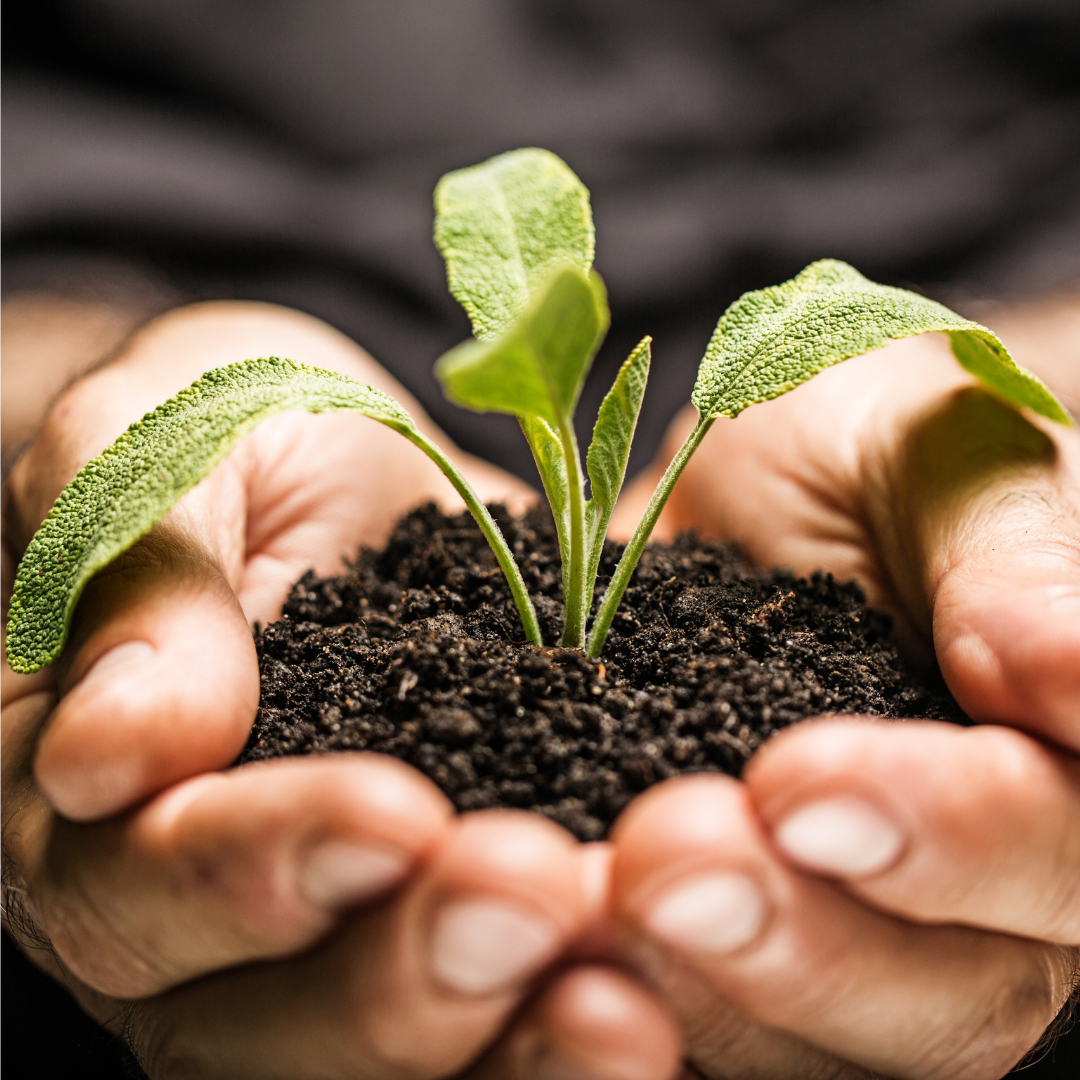
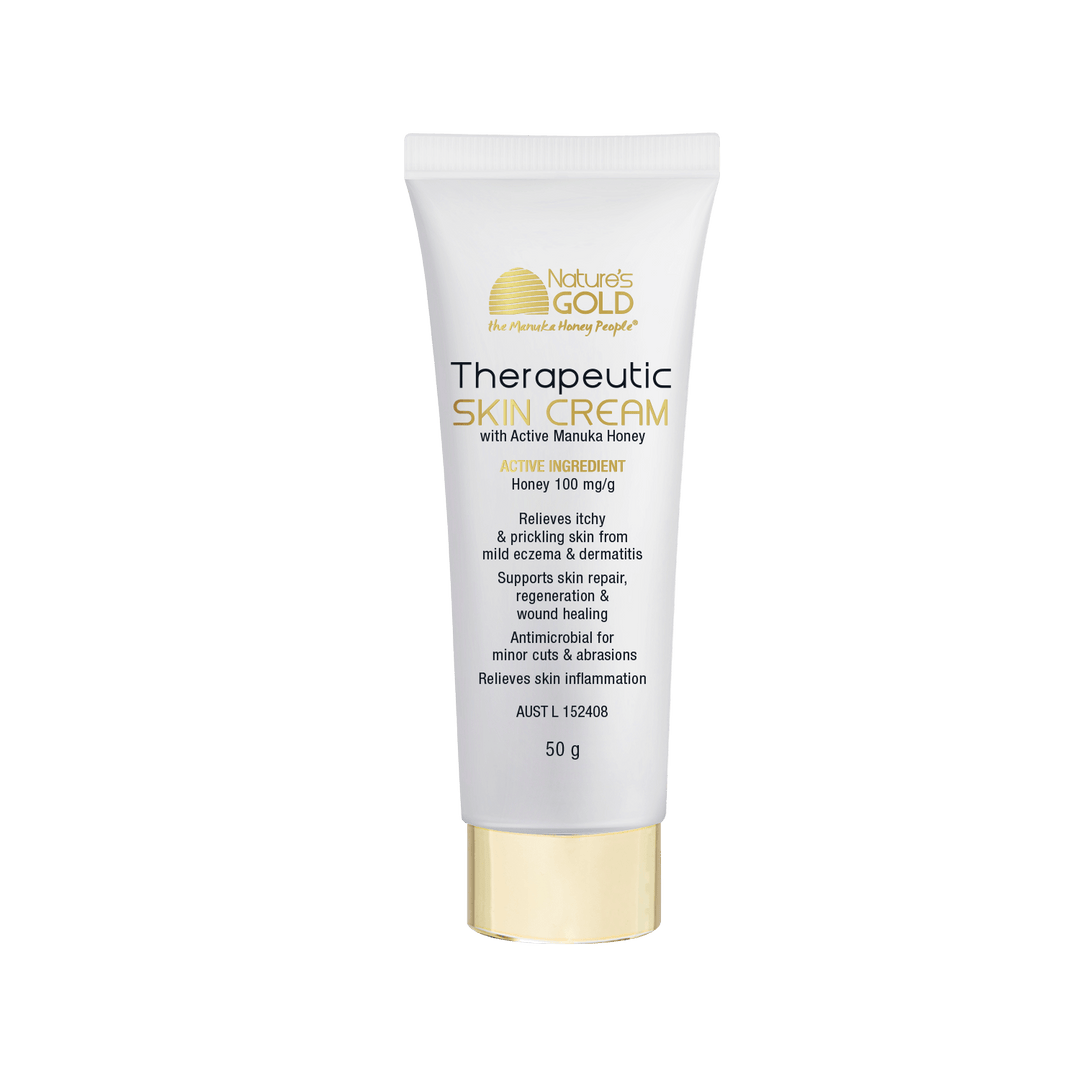
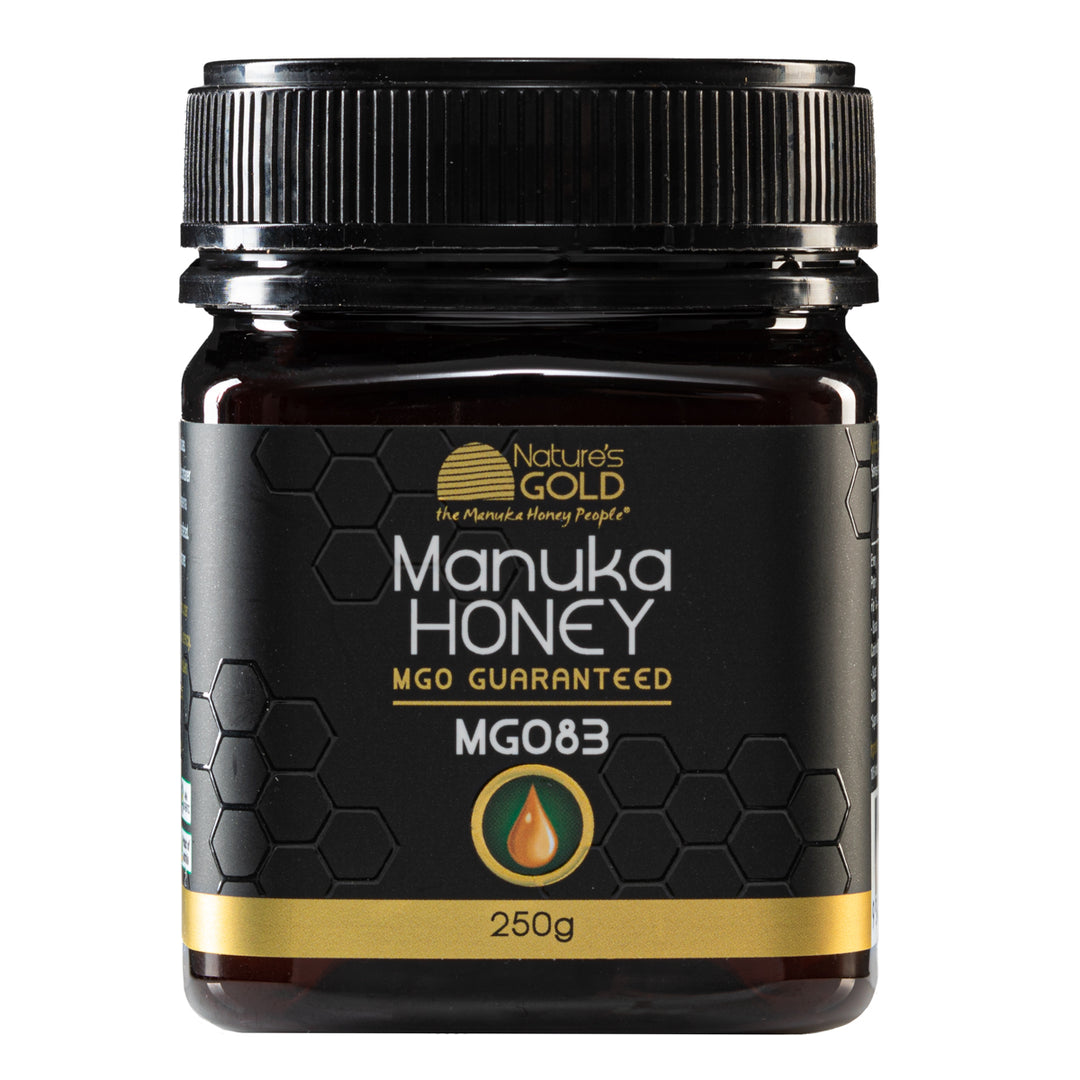
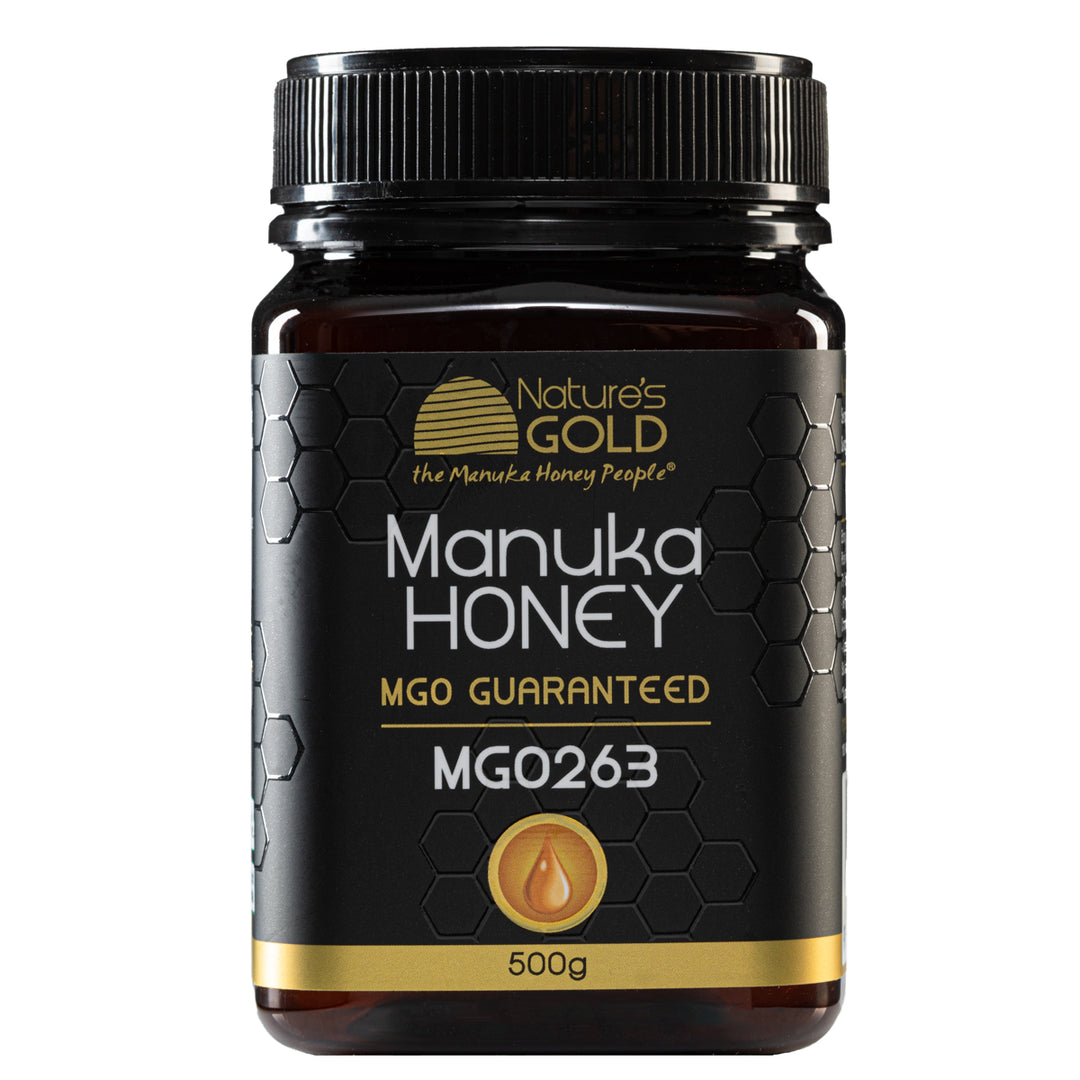
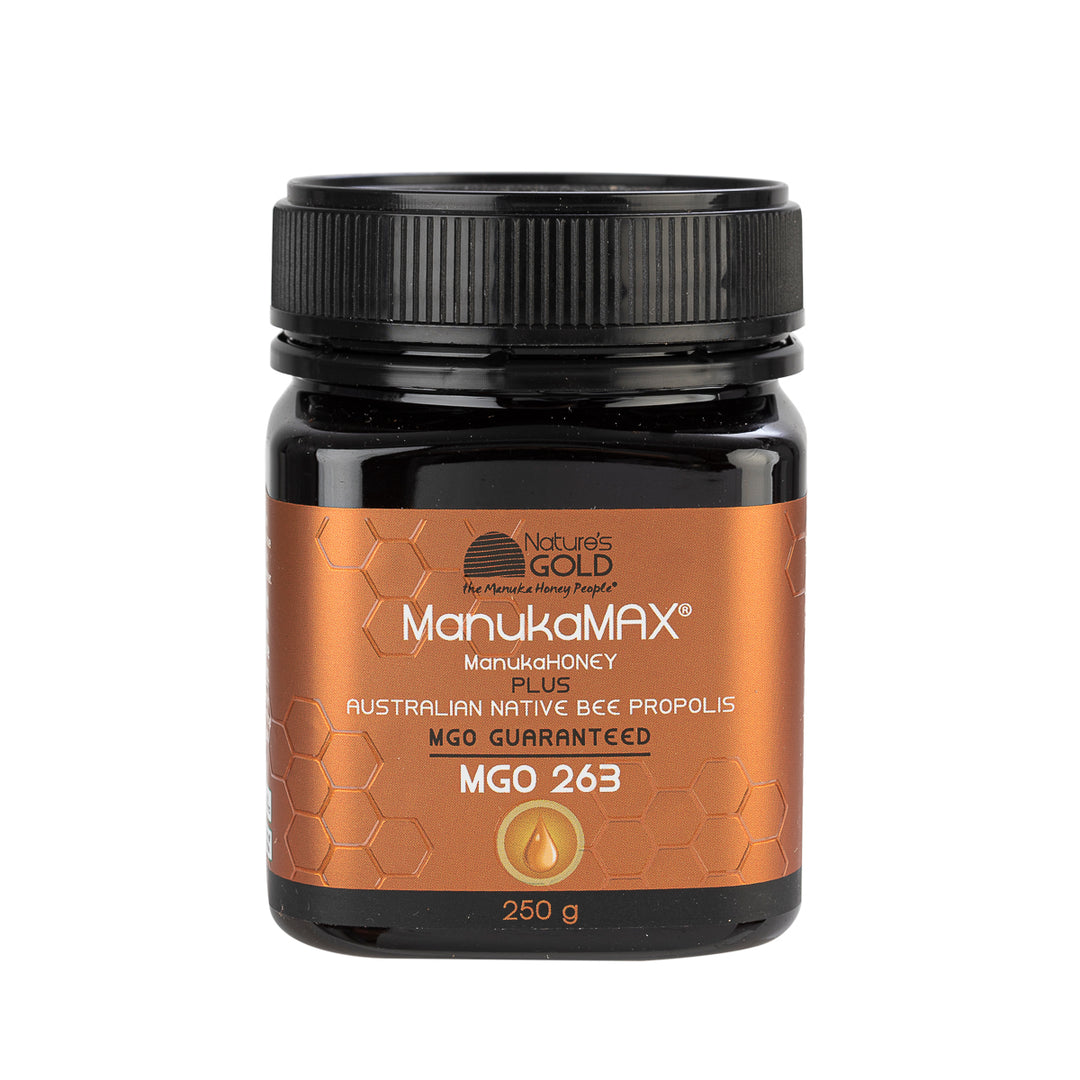
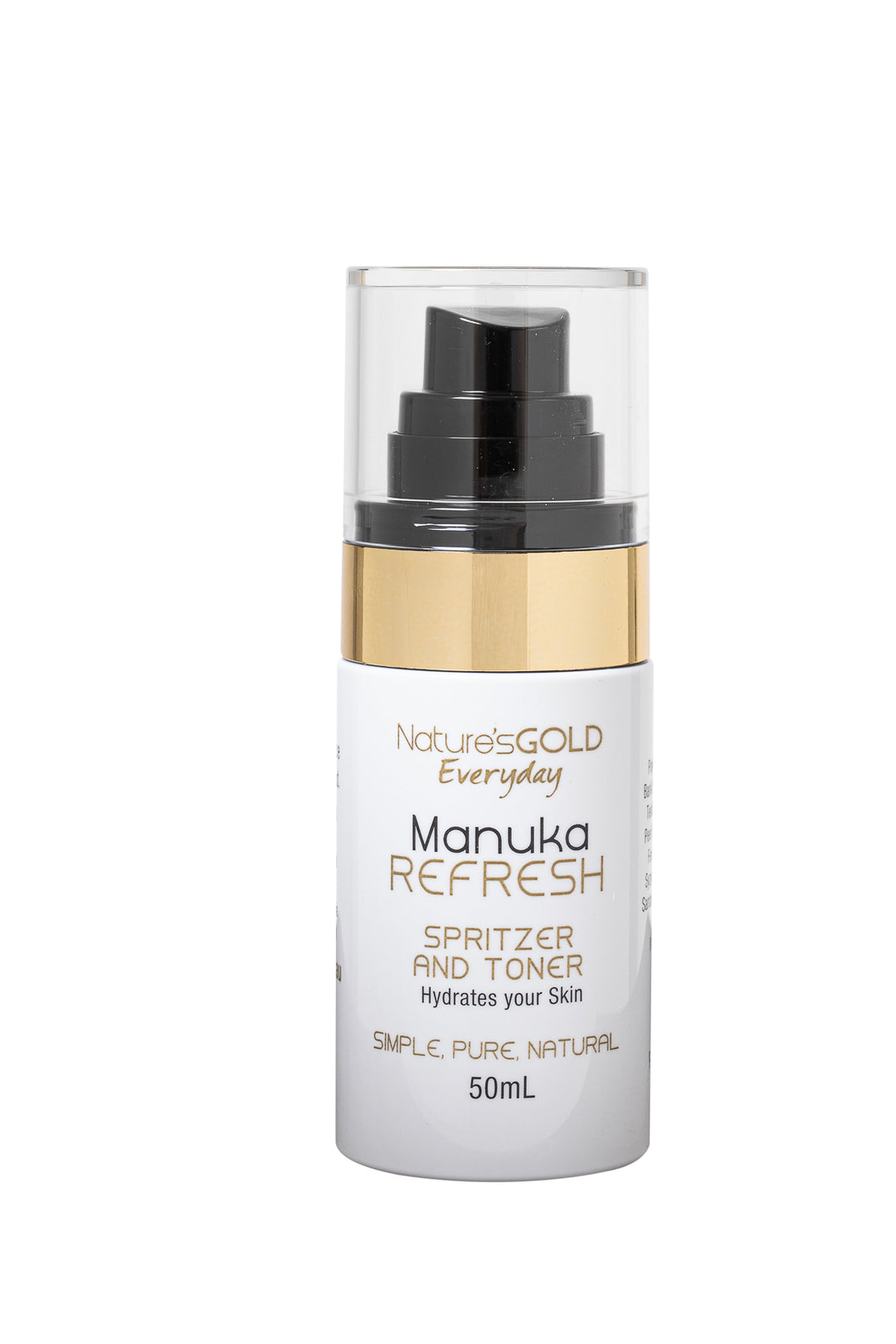
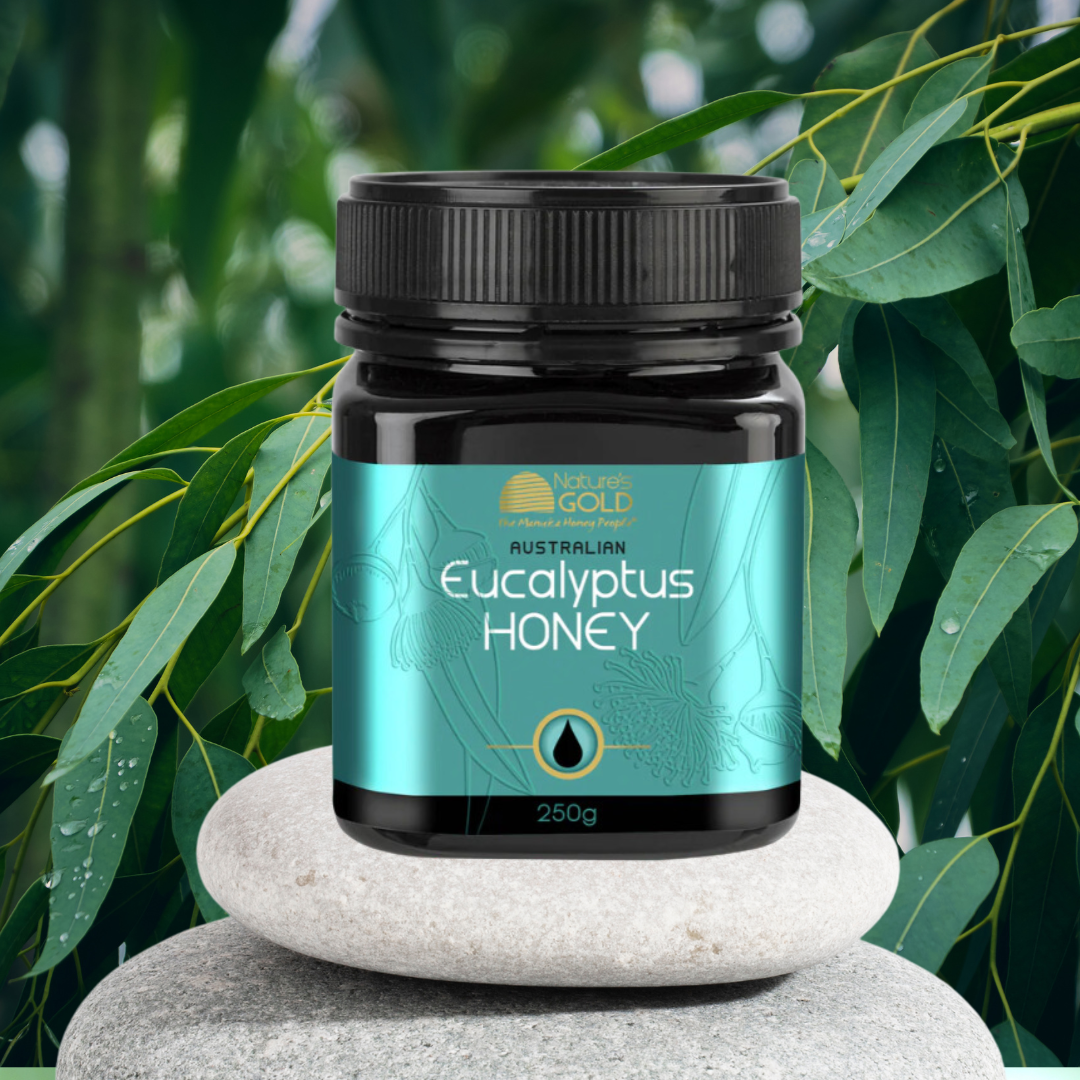

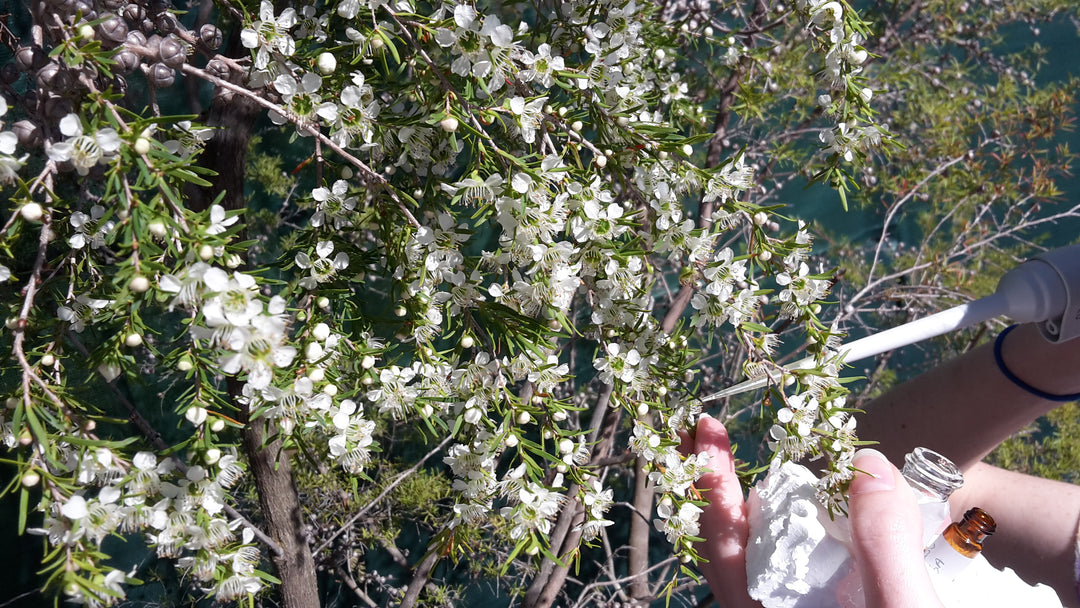
Leave a comment